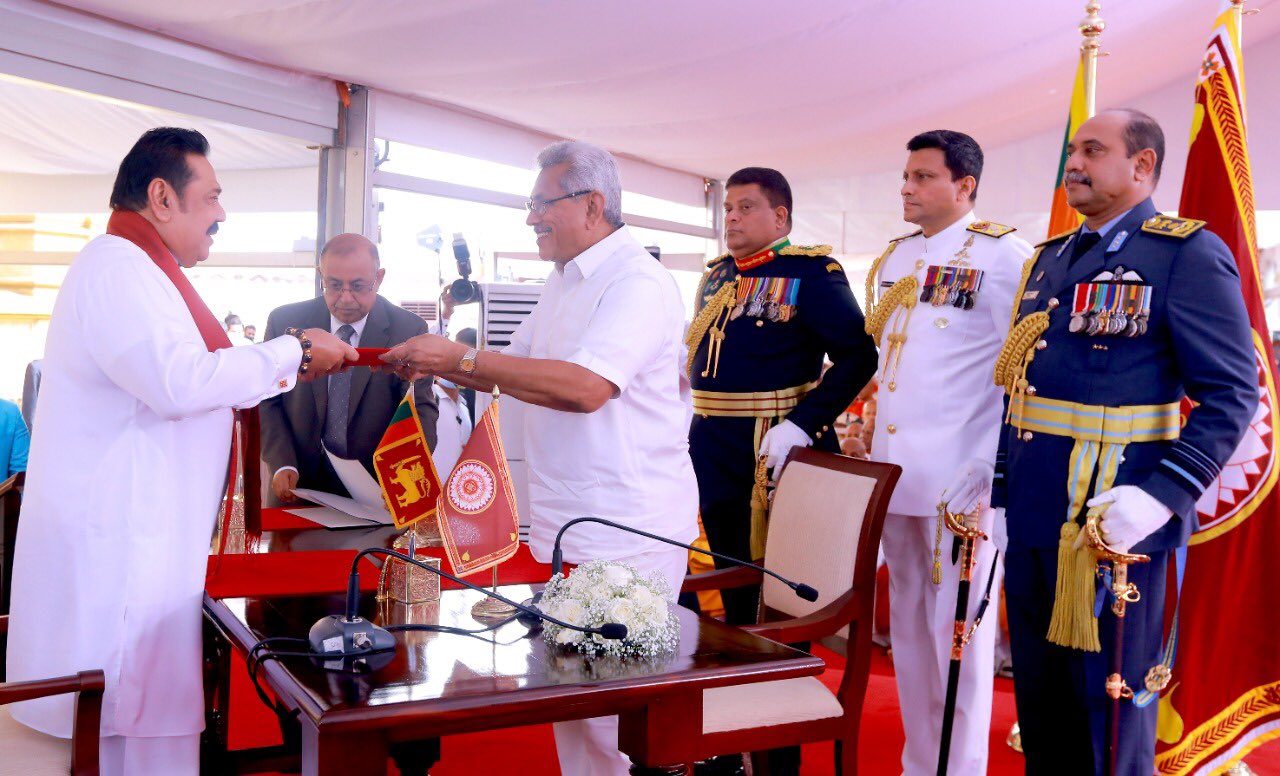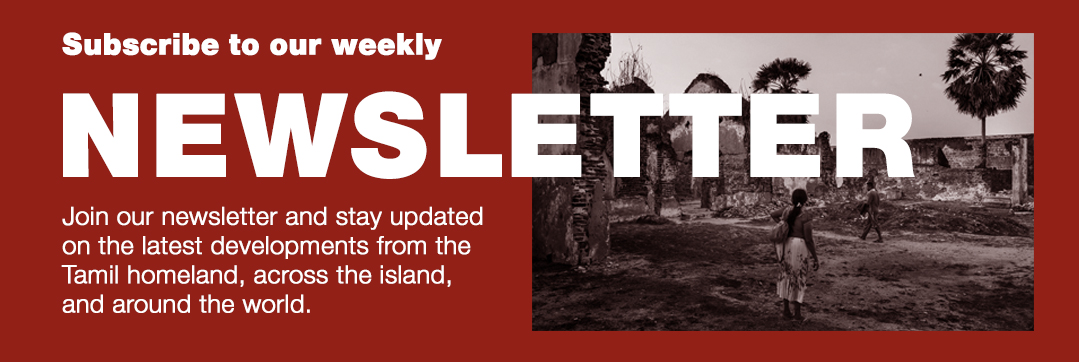
Sri Lanka’s parliamentary elections last week delivered a bleak, but unsurprising, result with the Rajapaksas gaining a majority that consolidates their hold on the state. With their allies, they now have a two-thirds majority in parliament, granting them the power to make constitutional changes that they have long campaigned on. The 19th Amendment, which placed limits on the executive presidency, looks set to be abolished and the modicum of devolution that was pledged through the 13th Amendment now appears under threat.
In the North-East, Tamil votes went in a different direction than they have for the last decade. The Tamil National Alliance (TNA) lost seats to those who held more principled Tamil nationalist positions, whilst regime-linked candidates also won votes. The shift reflects a wider growing sense of frustration with the political leadership and the lack of progress on a range of issues, from accountability and a political solution to livelihoods and the lack of economic opportunity. As accountability for mass atrocities continues to be blocked by the state, the messages of parties such as the TNPF and TMTK that offered pledges of more determined advocacy in international forum, resonated with the Tamil people. And with some regions of the North-East having had a stifling military presence for decades, an occupation that has crept into almost every aspect of civilian and economic life, it was those who offered patronage networks that can negotiate directly with the state that gained. Amidst discontent across the North-East, the Tamil people sought fresh alternatives.
Any meaningful progress that Tamil parties can make though will undoubtedly be hindered by Colombo. There is no doubt to what a strengthened Rajapaksa regime will bring. During his previous tenure as defence secretary Gotabaya Rajapaksa defended the bombing of hospitals, threatened to hang those who exposed war crimes and accused journalists, including the BBC, of supporting terrorism. Tens of thousands were massacred in a brutal offensive that the Rajapaksa siblings oversaw. And just months into their renewed rule, human rights on the island has once more come under threat.
A brash Sinhala Buddhist regime, which shows little regard for Tamils and Muslims, has been given an overwhelming mandate from the South. There are troubling times ahead.
Dr Thusiyan Nandakumar, Editor-In-Chief
_____
For more regular updates, sign up to our newsletter below.
____

